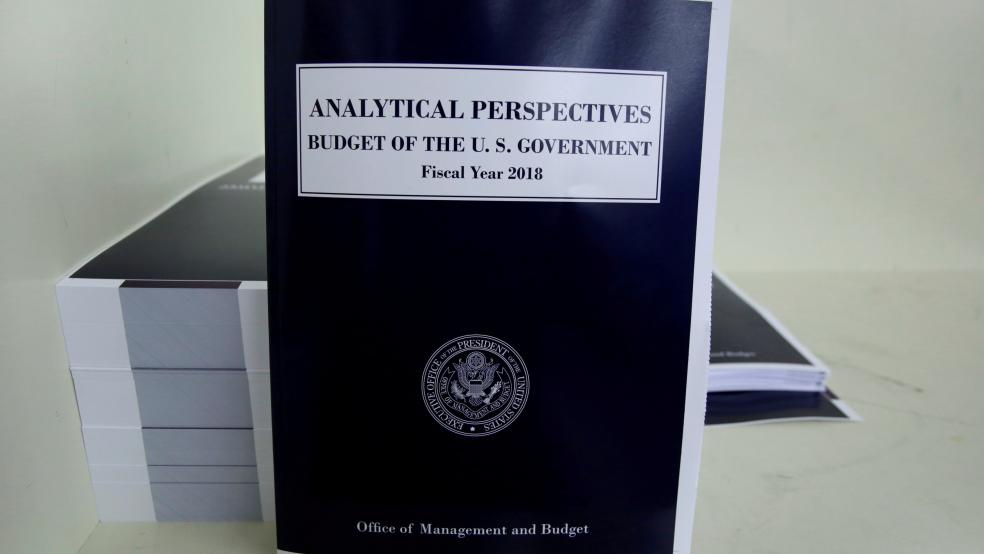Congress and President Obama this week were able to forge a budget deal to prevent yet another debt-ceiling crisis that could have shut down the government. But the deal does more than keep the federal government going; it also could impact, for better or worse, the wallets of everyday Americans. Here’s how.
1. No more double-dipping in Social Security.
The deal eliminates what’s known as the “file and suspend” strategy, which some have called a way to game Social Security.
Americans who wait longer before claiming Social Security receive a larger monthly check, with the maximum benefit achieved by waiting to file until age 70. But the file-and-suspend strategy allowed couples to start collecting benefits even as they continued to accrue credits that would make their monthly payouts bigger. Typically, the higher-earning spouse would file for Social Security and immediately suspend their benefits. The other spouse would then be able to immediately start collecting a spousal benefit, while the filer was able to increase the size of his or her eventual payout. Ex-spouses and spouses who care for grown disabled children could also benefit from the strategy.
But no more. The new rule goes into effect in six months and only affect future filers.
Related: D.C. Budget Deal Could Cost Some Couples Thousands in Social Security
2. Medicare costs reined in.
Medicare recipients had faced steep increases in their premiums and deductibles to cover funding shortfalls in the program. The deal prevents a 52 percent increase in deductibles for all Medicare beneficiaries. Additionally, it keeps a 52 percent hike in Part B premiums from kicking in next year for 30 percent of Medicare beneficiaries.
3. Expect more annoying phone calls.
Americans who are past due on their taxes or government-backed student and mortgage loans may get more robo-calls from debt collectors thanks to the budget deal. It allows debt collectors, on behalf of the government, to automatically call cellphones for delinquent borrowers. That comes after the Federal Communications Commission ruled in July that private debt collectors who robo-call cell phones without permission are violating the Telephone Consumer Protection Act.
Related: $11 Billion in Excess Disability Payments Found By GAO
4. Disabled Americans can rest easy.
Americans receiving disability benefits from Social Security won’t see a 20 percent cut in their benefits next year as feared. The budget deal delays the solvency issues with Social Security Disability Insurance until 2022 by transferring funding from the Old-Age and Survivors Insurance Trust Fund.





